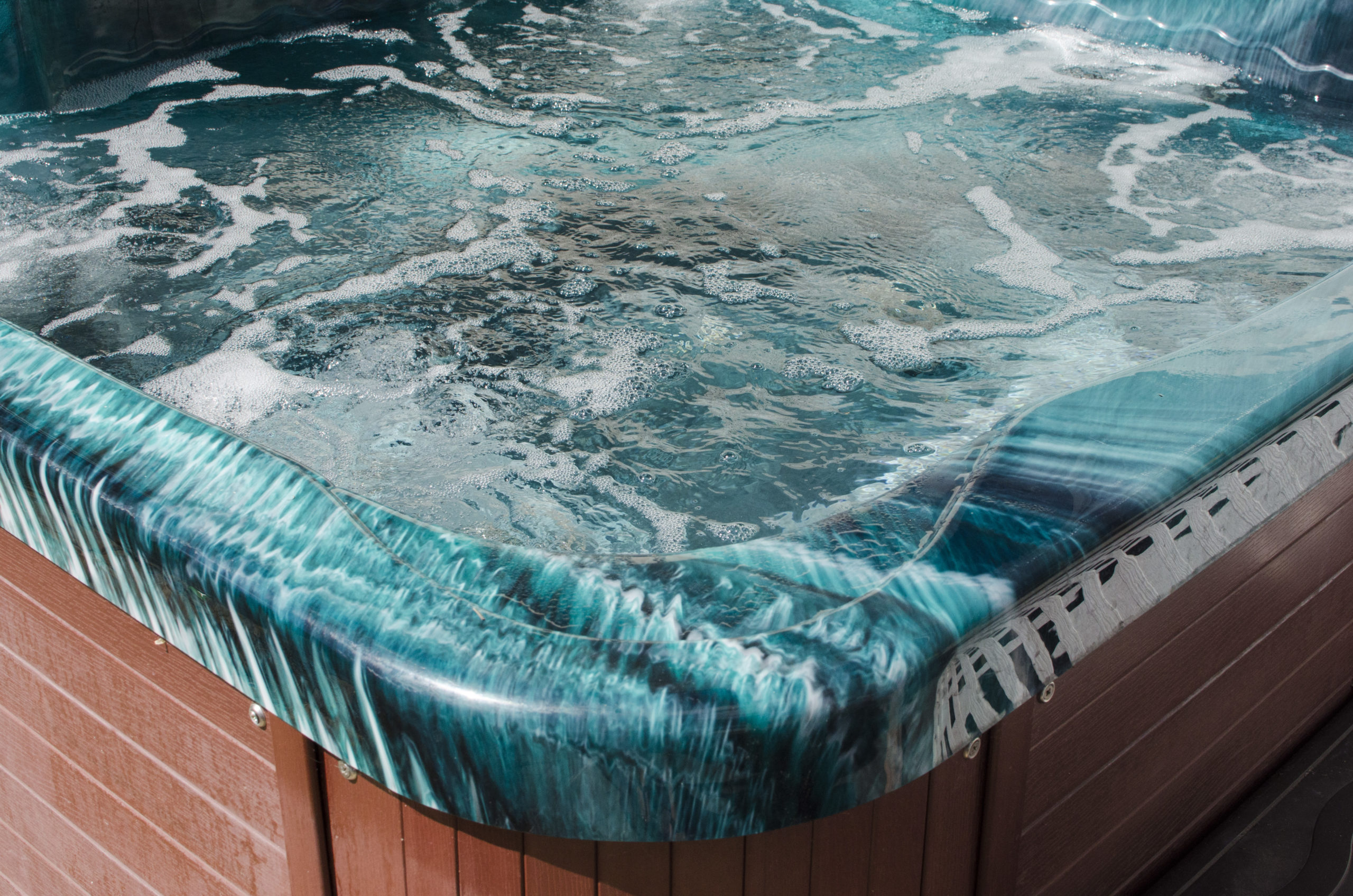
Cruise ship passengers have more to worry about than COVID-19 on cruise ships. Carnival Cruise lines recently sent a letter that informed their guests that two cases of Legionnaires disease occurred among passengers. The two cases occurred in July and August 2021. Carnival Cruise Line is working with the CDC to investigate this potential outbreak. The ship had not been used since March of last year. Stagnant water increases the risk of Legionella transmission as it creates favorable conditions for Legionella growth. The cruise line has begun substantial mitigation measures on board the ship in question. This includes testing all…








